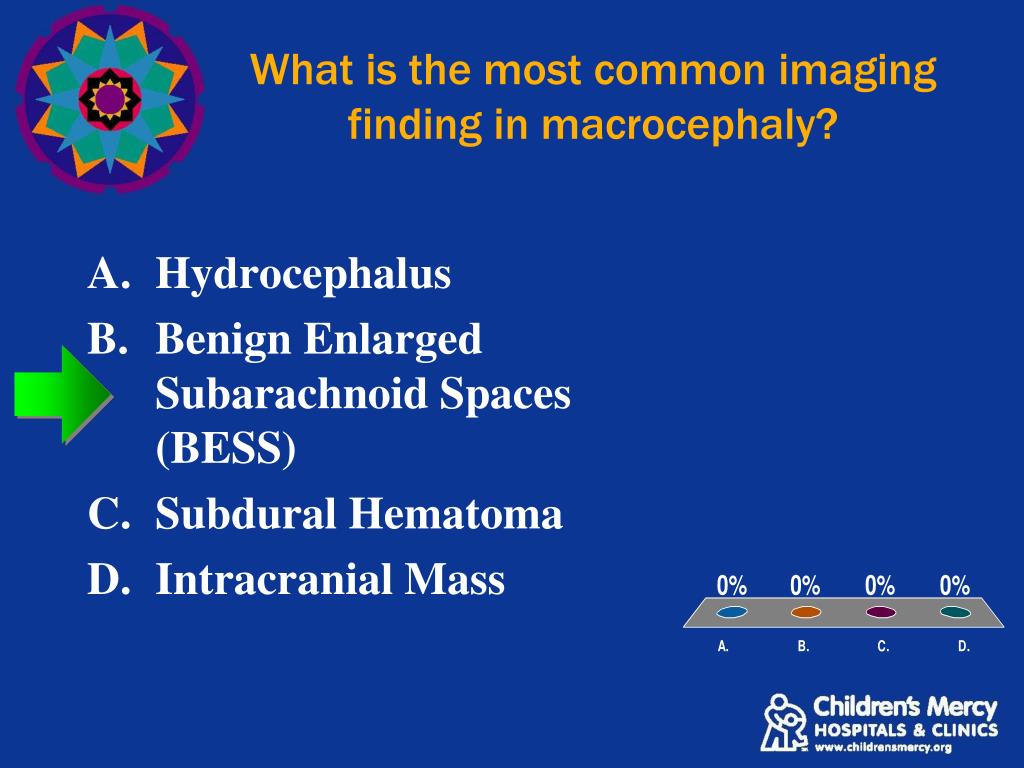


Growing inequalities are not just a moral issue. “An important consequence of the pandemic has been the sharpening of inequalities. In April 2021, former RBI governor Duvvuri Subbarao, who helmed India’s central bank during the global financial crisis of 2008, said the country’s economic recovery was likely to be shaped like a K rather than a V, as rising inequality was poised to hit consumption and growth prospects. See also: Impact of Coronavirus on Indian real estate

The country’s K-shaped recovery would further bare the growing gap between winners and losers of the economic upheaval.
#Misshapen meaning full
Previous next Purchase full notes for £5.95 (aprox $9.V-shaped, U-shaped, W-shaped and L-shaped recoveryĪpart from K-shaped recovery, an economy can also undergo recovery in shapes of some other English letters, including V-shaped recovery (a strong and quick rebound), U-shaped recovery (a strong and quick rebound), W-shaped recovery (subsequent episodes of rebound and downturn also known as growth double-dip), L-shaped recovery (steep decline followed by a shallower upward slope), etc.įor a country where the pandemic has made the poor poorer and some of the wealthy people wealthier, many experts have predicted a K-shaped recovery instead of V, once the contagion situation is fully curtailed. The result of all this ‘well-seeming’, however, is a ‘Misshapen chaos’.ġ78 ‘Feather of lead’ – the ‘nothing with serious consequences’ idea again ‘bright smoke’ – noble forms of behaviour leading to something chaotic and unpleasant ‘cold fire’ – a fire of love that in reality brings a chill (perhaps of death) ‘sick health’ – the clans’ ‘noble’ and ‘honourable’ behaviour seems healthy, but is in fact part of a disease in the ‘body politic’. The paradox here is that proverbially ‘nothing can come of nothing’.ġ76 ‘O heavy lightness, serious vanity,’ – The brawl was about nothing (‘vanity’ in the sense of ‘meaningless’), but had serious (‘heavy’) consequences.ġ77 ‘Misshapen chaos of well-seeming forms!’ – The ‘forms’ Romeo refers to are both the gentlemen who took part in this riot and the ‘forms’ of their noble behaviour in fighting for the honour of their house. Romeo is, in fact, comically parodying such – by Shakespeare’s time – rather tired Petrarchan binaries in phrases such as ‘brawling love’ and ‘loving hate’.ġ74 ‘O brawling love, O loving hate,’ – The ‘clan-love’ of the Montagues and Capulets has caused much hatred and several brawls.ġ75 ‘O anything of nothing first create!’ – ‘O anything that is first created out of nothing.’ The phrase fits the ‘love’ expressed in the street brawl perfectly, since it was itself the consequence of ‘nothing’ – Sampson biting his thumb. In fact, as can been seen below, such a reading – although unorthodox – fits the text of what follows much better than a purely Petrarchan exposition of the paradoxical experience of being in love. If this reading is correct, then it is – strangely perhaps – ‘family love’ or ‘clan love’ which is the subject of Romeo’s subsequent meditation on the paradoxes of love – a love that could cause such a brawl in the streets. It makes more sense if Romeo is talking about the love within families and their acolytes: the internal loyalty – the ‘love’ – within the clan that leads to violence against those outside is more responsible for what has happened than simple hatred. It would be better were it not so, says Romeo.ġ71 ‘O me! What fray was here?’ – The preoccupied Romeo has only just noticed that the street he has found himself in was recently the scene of a riot.ġ73 ‘Here’s much to do with hate, but more with love.’ – This line is sometimes explained as a reference to Romeo’s being in love (with Rosaline), but the reading seems unlikely. In spite of his handicap, Eros still manages to find ‘pathways’ to effect ‘his will’ by causing people to fall in love. 169 ‘Alas that love whose view is muffled still/ Should without eyes see pathways to his will.’ – ‘Love’ here is actually Cupid or Eros, who shoots arrows of love even though he is blind – his ‘view is muffled still’, ‘still’ meaning ‘forever’.


 0 kommentar(er)
0 kommentar(er)
